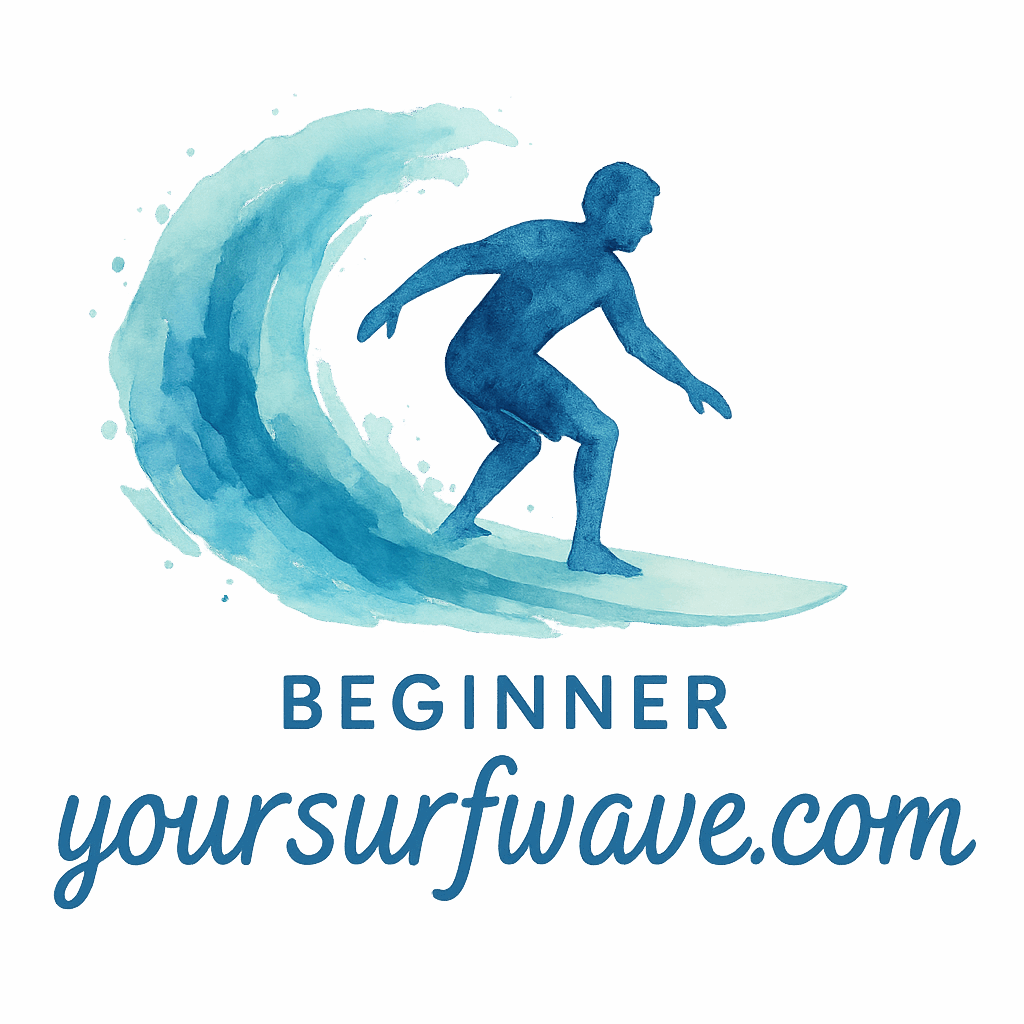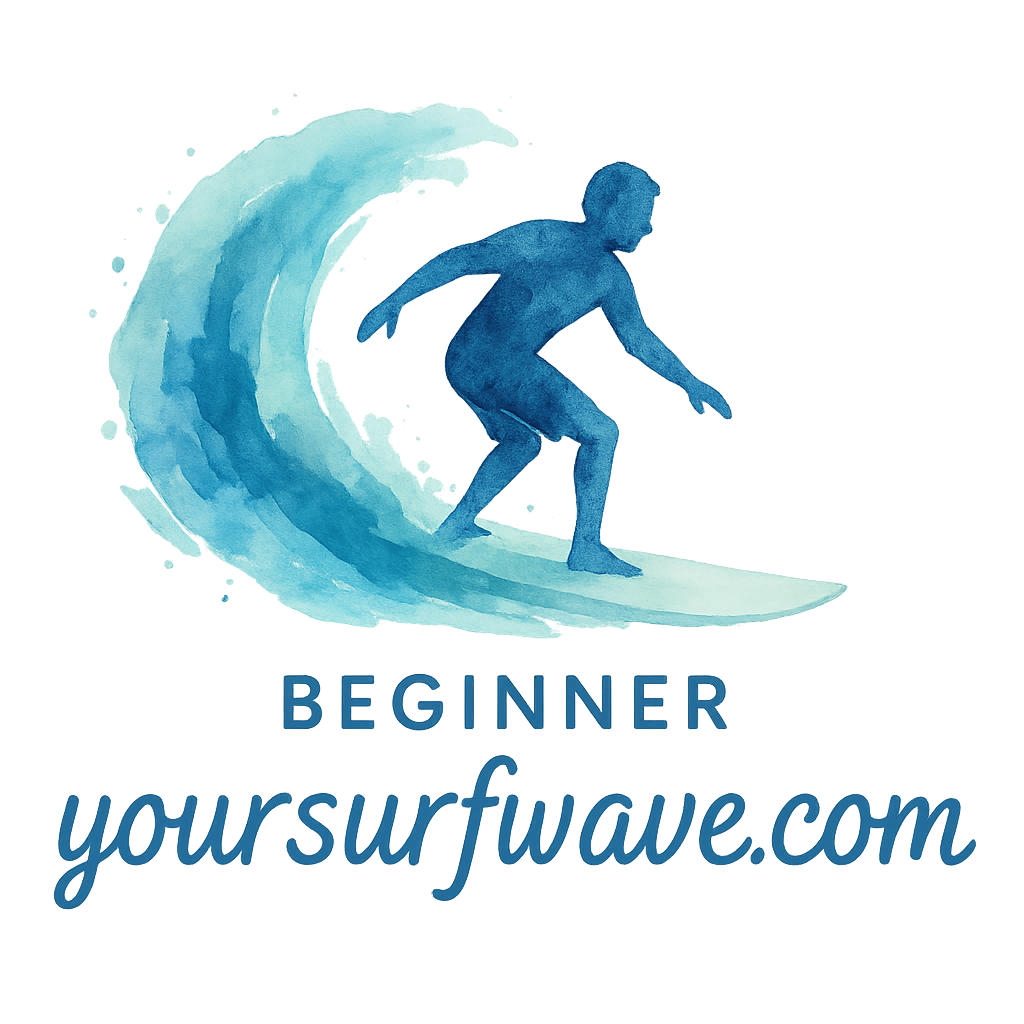If you’re looking to level up your surf game, you’ve got to start where it matters most—your balance. Surfing isn’t just about paddling out and catching waves. It’s about maintaining control, stability, and confidence while gliding across water that’s constantly moving. That’s why balance exercises are a game-changer.
Let’s dive into the top 7 balance exercises that’ll help you shred harder, fall less, and enjoy more epic sessions out in the lineup.
Why Balance Matters in Surfing
The Foundation of Surfing Performance
Surfing is a full-body sport, but at the core of it—literally—is balance. Every turn, cutback, and pop-up relies on your ability to keep yourself steady. Whether you’re a beginner learning the ropes or an intermediate trying to nail your bottom turns, good balance is non-negotiable.
Want to start from the basics? Visit the Surf Basics section on YourSurfWave.
How Good Balance Prevents Injury
Think about it—when you wipe out, it’s usually due to losing balance. Strong stabilizer muscles and good proprioception (body awareness) can help reduce the chances of injury, especially knee, ankle, and shoulder issues.
How to Train Balance Effectively
Key Principles to Follow
- Train both static and dynamic balance.
- Include exercises that mimic actual surf movements.
- Focus on core strength, ankle stability, and coordination.
Common Mistakes to Avoid
- Jumping straight into advanced drills.
- Skipping warm-ups.
- Overtraining without proper rest.
For fitness programs made for surfers, check out Surf Fitness for tips and routines.
7 Balance Exercises to Improve Your Surf Skills
1. Single-Leg Deadlifts
Benefits for Surfers
This move builds ankle, knee, and hip stability—all critical for staying upright on your board.
How to Do It Right
- Stand on one leg, slight bend in the knee.
- Hinge at the hip, extending the other leg straight behind you.
- Reach your arms forward or let them hang.
- Keep your spine neutral.
- Return slowly to standing.
Do 3 sets of 8-10 reps per leg.
2. Bosu Ball Squats
Surf-Specific Gains
These squats simulate the instability of a surfboard, engaging core and leg muscles the way a wave would.
Pro Tips for Form
- Stand on the flat side of a Bosu Ball.
- Slowly lower into a squat.
- Keep your core tight and your gaze forward.
Want gear like the Bosu Ball? Visit Surf Gear for reviews and tips.
3. Stability Ball Plank Holds
Core Strength Equals Wave Control
You need a strong core to pop up and stay upright in turbulent waters.
Progression Variations
- Start with forearms on the ball.
- Progress to arms extended.
- For extra challenge, lift one leg.
Target holding each plank for 30–60 seconds.

4. Slackline Walking
Train Like a Pro Surfer
Slacklining is legit training for balance. Pro surfers use it to simulate board control and increase mental focus.
Safety Tips
- Set the line low.
- Use trees or posts for stability.
- Focus on small steps and a soft landing.
Explore the Surf Lifestyle section for more unconventional training ideas.
5. Surf Skateboarding
Mimic Surf Movements on Land
Surf skateboards simulate rail-to-rail movements of actual surfing. It’s a killer off-water training method.
Gear Recommendations
Look for brands like Carver, SmoothStar, or YOW. Need help picking one? Check out the Surfboard Review tag for expert guides.
6. Balance Board Drills
Best Tools for Home Workouts
If you’re stuck indoors or short on time, a balance board is your best friend. It targets the same muscles used in surfing.
Fun & Functional Moves
- Basic stand & balance.
- Pop-up simulation.
- 180° twists.
Check out Home Workout and Indoor Exercise categories for home-based fitness ideas.
7. Yoga for Surfers
Best Poses to Improve Balance
- Tree Pose
- Warrior III
- Half Moon Pose
Why Every Surfer Should Practice Yoga
Yoga isn’t just stretching—it enhances mobility, mindfulness, and body control.
Browse Surfing Therapy for more on the mental and physical benefits of yoga.
Integrating These Exercises into Your Surf Routine
Weekly Plan for Surfers
- Monday: Yoga + Plank Holds
- Wednesday: Single-Leg Deadlifts + Surf Skate
- Friday: Bosu Ball Squats + Balance Board
- Sunday: Slackline + Mobility Work
Combining Strength, Flexibility & Balance
Don’t treat balance as an isolated skill. Combine it with strength training and flexibility work to get the most out of every surf session.
Explore Beginner Tips for full workout suggestions.
Mistakes to Avoid When Training Balance
Doing Too Much Too Fast
Trying to do advanced drills on day one can backfire. Build up gradually and maintain proper form.
Ignoring Recovery
Balance training can fatigue small muscles. Give them time to recover. Use active rest days like light yoga or stretching.
For mental health recovery and mindfulness, check Mental Health.
Conclusion
Improving your balance is one of the best things you can do to take your surfing to the next level. Whether you’re surfing beach breaks or planning your next trip to a tropical surf destination, these exercises will help you stay in control and make the most of your time in the water.
Surfing isn’t just a sport—it’s a lifestyle. So make balance a regular part of your routine, and you’ll be amazed how much more fun (and fewer wipeouts) you’ll have. For more tips, check out YourSurfWave.com and explore everything from gear reviews to travel guides.
FAQs
1. How often should I do these balance exercises?
3–4 times per week is ideal. Mix them with other surf training like paddling or flexibility work.
2. Do I need special equipment?
Some exercises need gear like a balance board or Bosu Ball, but many can be done using just your body weight.
3. Can beginners do these exercises?
Absolutely. Start with easier variations and progress as your balance improves. Check Beginner Surfing for more.
4. Will these exercises help with pop-ups?
Yes! Better balance and core control directly improve your pop-up speed and smoothness.
5. What’s the best time to train—before or after surfing?
Ideally on non-surf days or after light sessions. Avoid hard training before big wave days.
6. Can I do these if I don’t live near the ocean?
Definitely! Land-based balance training is perfect for off-season or inland surfers.
7. Where can I find surf fitness programs?
Head over to Surf Fitness for full programs, gear, and expert advice.


